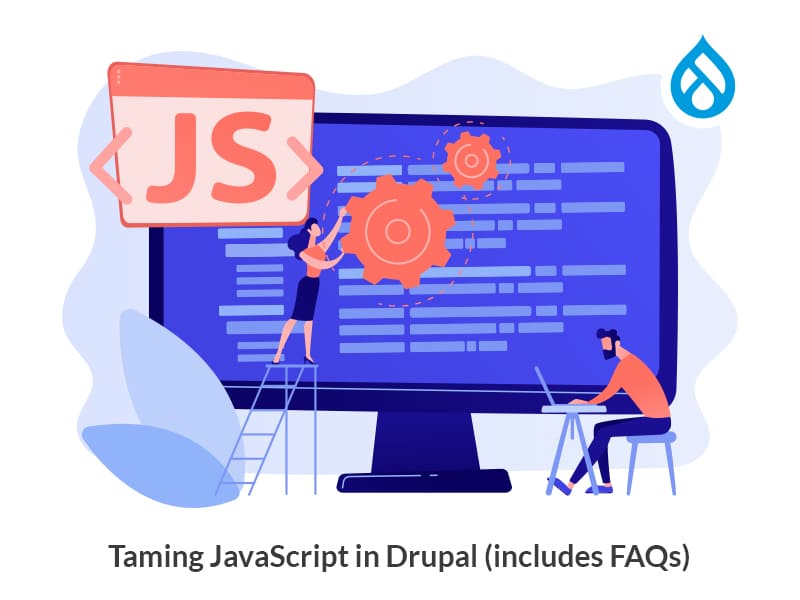Author:
Source
Sponsored:
Atlas of AI: Power, Politics, and the Planetary Costs of Artificial Intelligence - Audiobook

Uncover the true cost of artificial intelligence.
Listen now, and see the system behind the screens before the future listens to you. = > Atlas of AI $0.00 with trial. Read by Larissa Gallagher
Bankrupt
Banking institutions have sought to automate customer service through
websites and, more recently, through TRApps.
https://www.fsfla.org/anuncio/2023-03-TRApps
What these banks are saving in offices and staff, we customers are
paying for with security and freedom. They are morally bankrupt.
Genuine security never depends on secret software. On the contrary,
transparency strengthens security.
Nevertheless, these banks impose on us, in the name of security (their
own, not ours), various harmful behaviors:
-
the use of software that we cannot control and whose actions on our
computers are hidden from us; -
the use of too-short passwords; and
-
the use of devices and operating systems designed to run under
someone else’s control, and to collect and exfiltrate our data.
Running software controlled by others always implies a loss of
freedom, and a threat to security and privacy.
The requirement to use these programs has become so common and
persistent that it seems unavoidable. Thus, we have decided to expand
our campaign against imposed taxing software beyond state-controlled
institutions to also include private services and goods whose
providers converge on such impositions.
https://www.fsfla.org/anuncio/2023-04-bancarrota#softimp
We share our board member Alexandre Oliva’s recent account of his over
20 years of struggle against technological abuse by banks in his
country. We highlight his recent legal victory: online banking
services must be restored without requiring the installation of
programs other than a standard browser. Read more:
https://www.fsfla.org/texto/bancarrota
About Imposed Taxing Software
Since 2006, we have been running a campaign against imposed taxing
software: programs that are imposed in the sense that you cannot avoid
them, and taxing in the sense that they burden you in a way that
resembles a tax, but is exempt from social benefits and paid for with
your freedom.
Nonfree programs are unjust and too onerous (even when they are
nominally gratis), because they imply a loss of freedom, that is, of
control over your digital life. When this burden (of suppressed
freedom) is compounded with the imposition of use of such programs,
they become profoundly oppressive: imposed taxing software.
Our initial focus was on oppressive software imposed by governments,
such as mandatory tax-related programs and software required to
interact with public banks.
https://www.fsfla.org/circular/2006-11#Editorial
While pressuring the government to liberate income tax software in
Brazil, we have been updating and publishing a compatible and
freedom-respecting version every year since 2007.
https://www.fsfla.org/anuncio/2012-10-Acesso-SoftImp
https://www.fsfla.org/~lxoliva/fsfla/irpf-livre/
In 2023, we extended the campaign to taxing software imposed by
private providers: when freedom-depriving software is required to
obtain or enjoy products or services.
To be clear, this campaign is not (solely) about software for
taxation, but rather about software that is taxing (an unjust burden,
because it taxes your freedom; the software is itself like a tax), and
that, on top of that, is imposed, thus profoundly oppressive.
About FSFLA
Free Software Foundation Latin America joined in 2005 the
international FSF network, previously formed by Free Software
Foundations in the United States, in Europe and in India. These
sister organizations work in their corresponding geographies towards
promoting the same Free Software ideals and defending the same
freedoms for software users and developers, working locally but
cooperating globally.
https://www.fsfla.org/
Copyright 2023 FSFLA
Permission is granted to make and distribute verbatim copies of this
entire document without royalty, provided the copyright notice, the
document’s official URL, and this permission notice are preserved.
Permission is also granted to make and distribute verbatim copies of
individual sections of this document worldwide without royalty
provided the copyright notice and the permission notice above are
preserved, and the document’s official URL is preserved or replaced by
the individual section’s official URL.



